 Friday, October 11, 2019 |
Friday, October 11, 2019 |  Hugh Locke
Hugh Locke NGOs Partnering and Preparing for a Haiti Reboot
There is a tidal wave of righteous anger pulsing through the social fabric of Haiti. For months the population has borne the increasing burden of corruption, rising inflation, shortages of fuel and a scarcity of food. Now citizens from all persuasions and walks of life, in major cities throughout the land, have responded by bringing the entire country to a standstill. Removal of President Jovenel Moïse by any means is their rallying call, and a fundamental change in the governance of the country is their goal.
Public protest in Haiti has always been loud, messy and sometimes violent. Mistrusting the political process and the ballot box, large numbers of Haitians resort to roadblocks and mass demonstrations to make themselves heard by the authorities. These forms of protest start out peacefully for the most part, but all too often disruptive elements infiltrate the crowds and incite violence that benefits their own political, commercial or criminal agendas. And in all fairness, emotions are running so high that some of the recent outbreaks of violence have been spontaneous and not by nefarious design.
In the past month, the combination of roadblocks and demonstrations has taken a heavy toll on people and property. Schools have been closed for weeks. Just a few days ago militants began carrying out their threat of closing government offices, literally cordoning their entrances with chains and padlocks. Except for a few street vendors, many businesses are closed or are continually on standby, ready to shut down as demonstrations draw close. Other businesses have been burned or looted. While the motivation behind weeks of protest may be to force the hand of the authorities, the net result to date is an economy on life support and a country that is paralyzed.
As the co-founder of an NGO that works with around 6,000 smallholder farmers throughout Haiti, I believe there is no role for the majority of NGOs in resolving the current situation. Yes, we have a responsibility to ensure the safety of our staff on the ground, and to continue to serve the community as best we can under the circumstances. But our most important contribution is to be on standby to help reboot our respective sectors once the dust settles and a new norm takes shape, whatever that might look like.
In the face of dwindling resources, increased needs and fewer NGOs still standing, I would like to suggest that the best thing the NGO community can do in preparation for resuming normal operations is to seek out new models of working together, including closer cooperation with the government ministries that have ultimate responsibility and oversight in the areas in which we function.
It is time to present the concerned public outside of Haiti with something other than business as usual once the NGOs resume work. To this end I am suggesting an all out effort to forge new partnerships among the NGO community that combine our respective strengths so that together we can become more effective agents for greater and more sustainable change.
Several outstanding NGOs have already been doing this to great effect, so this is by no means an original idea. But let me share three examples with which I am familiar and which have given me hope that this approach isn’t only possible, but brings tremendous benefits with it.
Some months ago the Smallholder Farmers Alliance (SFA), of which I am co-founder with Haitian agronomist Timote Georges, began research into the design and outfitting of a new facility to process smallholder-grown moringa, called by some a “miracle tree” because of its unusual nutritional properties. By chance we discovered that the Acceso Haiti group was doing exactly the same thing. Normally the response would have been to batten down the hatches, get our design together first, and then beat the other side to any grant money that might be available to construct the facility. Instead, our two organizations formed a partnership to jointly research the design of the facility. And once we are both operational, we have agreed to function as a consortium and jointly fulfill any contracts for the sale of smallholder grown and processed moringa products.
The second example is a new project that is still in the planning stages. Last month Timberland launched a program to plant 50 million trees around the world over the next five years. This includes the SFA planting trees in Haiti, and Las Lagunas Ecological Park planting trees in the neighboring Dominican Republic. The SFA and Las Lagunas have decided to combine forces through a new partnership that will shortly include the Ministries of Environment from both countries.
The resulting Hispaniola Cross Border Forest Initiative (working title) will engage smallholder farmers in planting a new forest of approximately 200 hectares (500 acres) on the Haiti side of the border. This new forest will be twinned with a smallholder-led restoration of a corresponding area of depleted forest on the Dominican side. The goal is to implement a new and replicable agroforestry model for large scale reforestation and forest restoration which aims to restore biodiversity in both areas. We also hope that a common environmental project will help ease historic tensions between the neighboring countries.
The final example I would like to share is one with possibly the greatest potential as a new pathway for collaboration. The SFA recently begun a partnership with the Raising Haiti Foundation in which our respective models—the SFA’s agroforestry approach that combines tree planting by smallholder farmers with improving agriculture, and Raising Haiti’s emphasis on grass roots organization, higher education and economic opportunity—have been integrated to allow a more comprehensive engagement in the rural communities in which we are both present. Raising Haiti has now taken this partnership to a new level by adding the Parish Twinning Program of the Americas (PTPA). This group links Catholic parishes, institutions, and individuals in North America with parishes and institutions in Haiti (as well as elsewhere in the Caribbean and Latin America). The ink is only just dry on this expanded partnership, but it has significant potential for aligning our complementary development methodologies as well as pooling our financial resources. We are calling ourselves the RSP Coalition (Raising Haiti, SFA, PTPA). Stay tuned for regular updates! *
* to find out about community twinning opportunities with the RSP Coalition, please contact Mary Sue Carlson at marysusancarlson@gmail.com

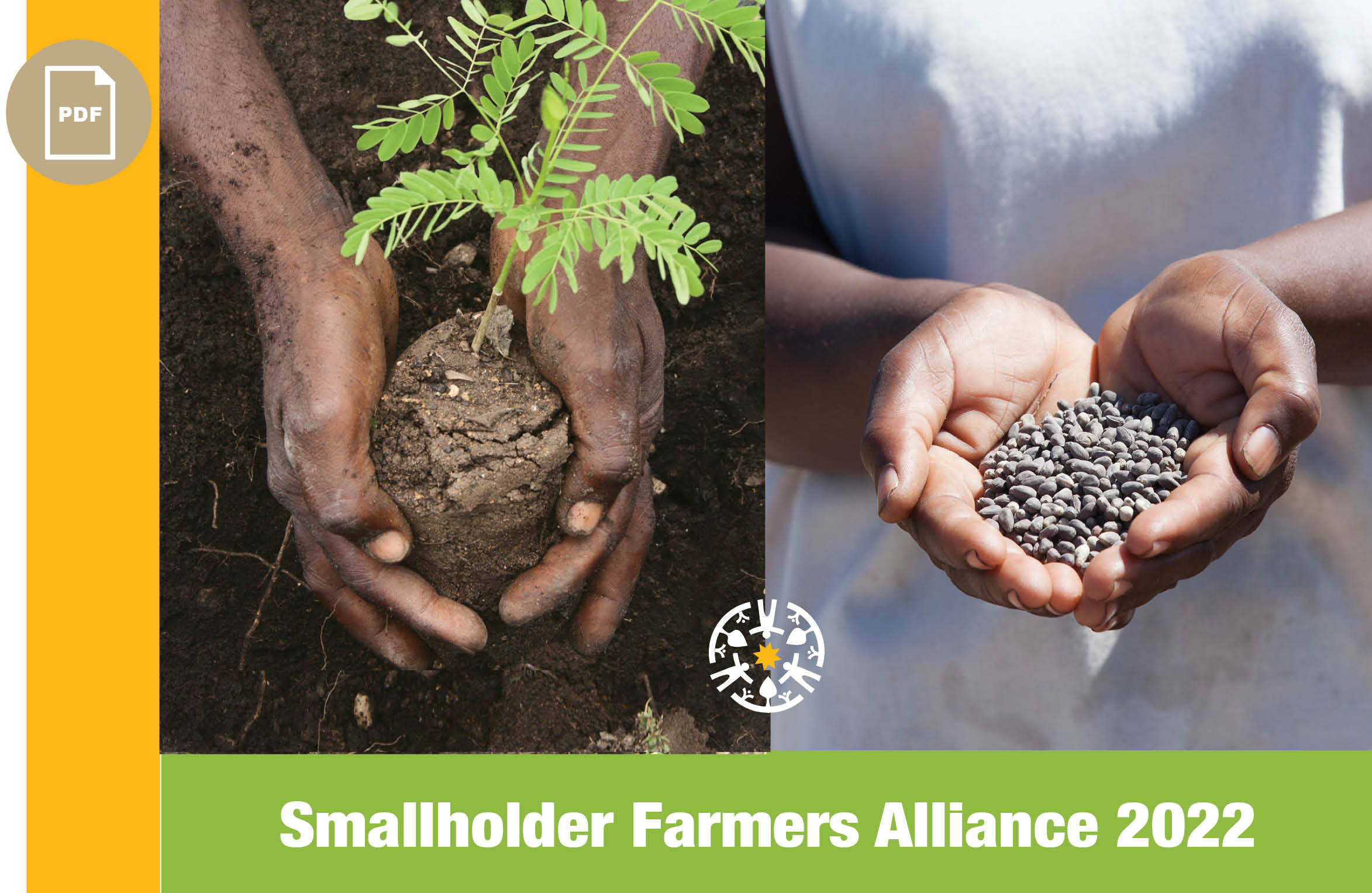
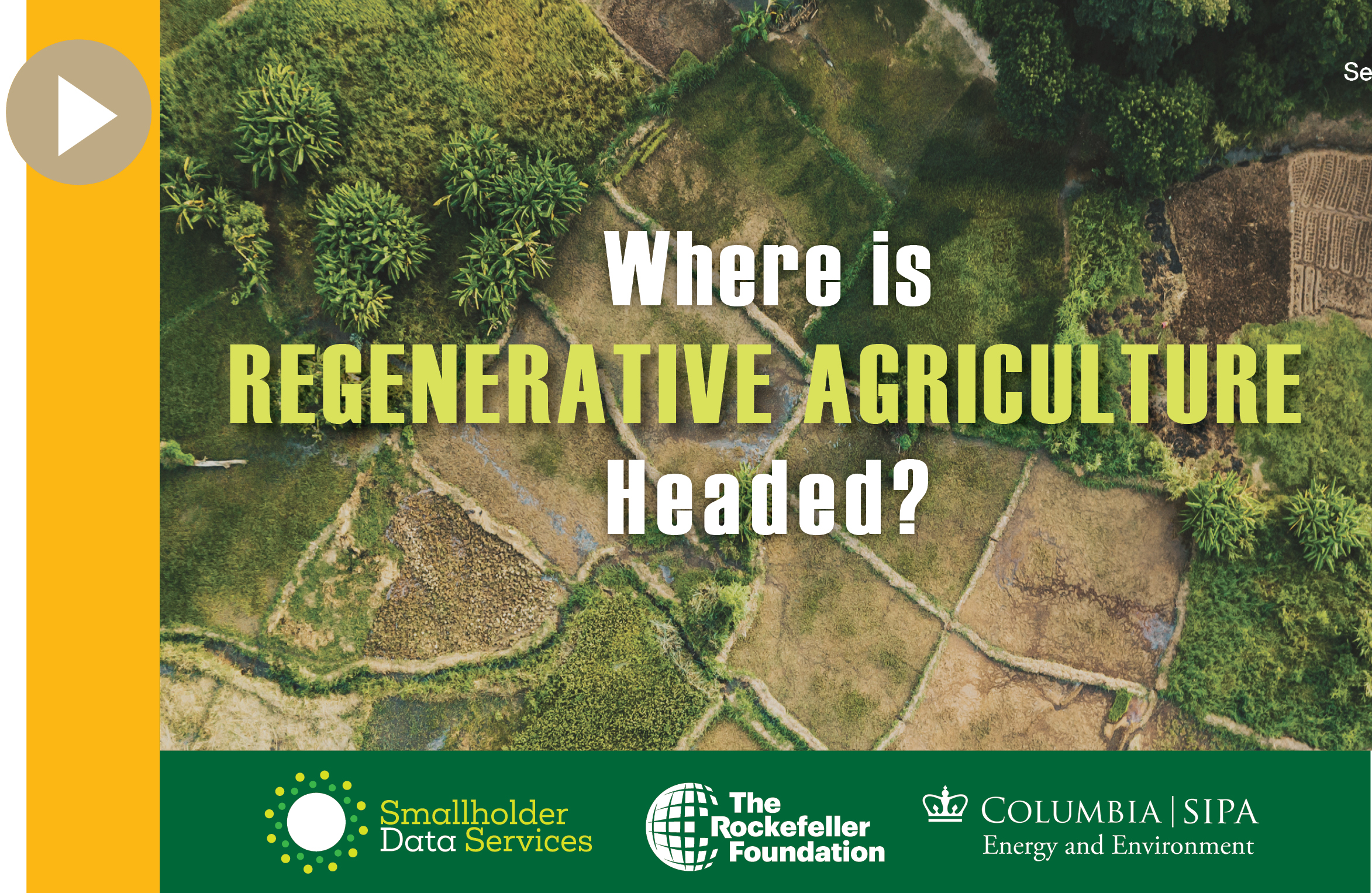
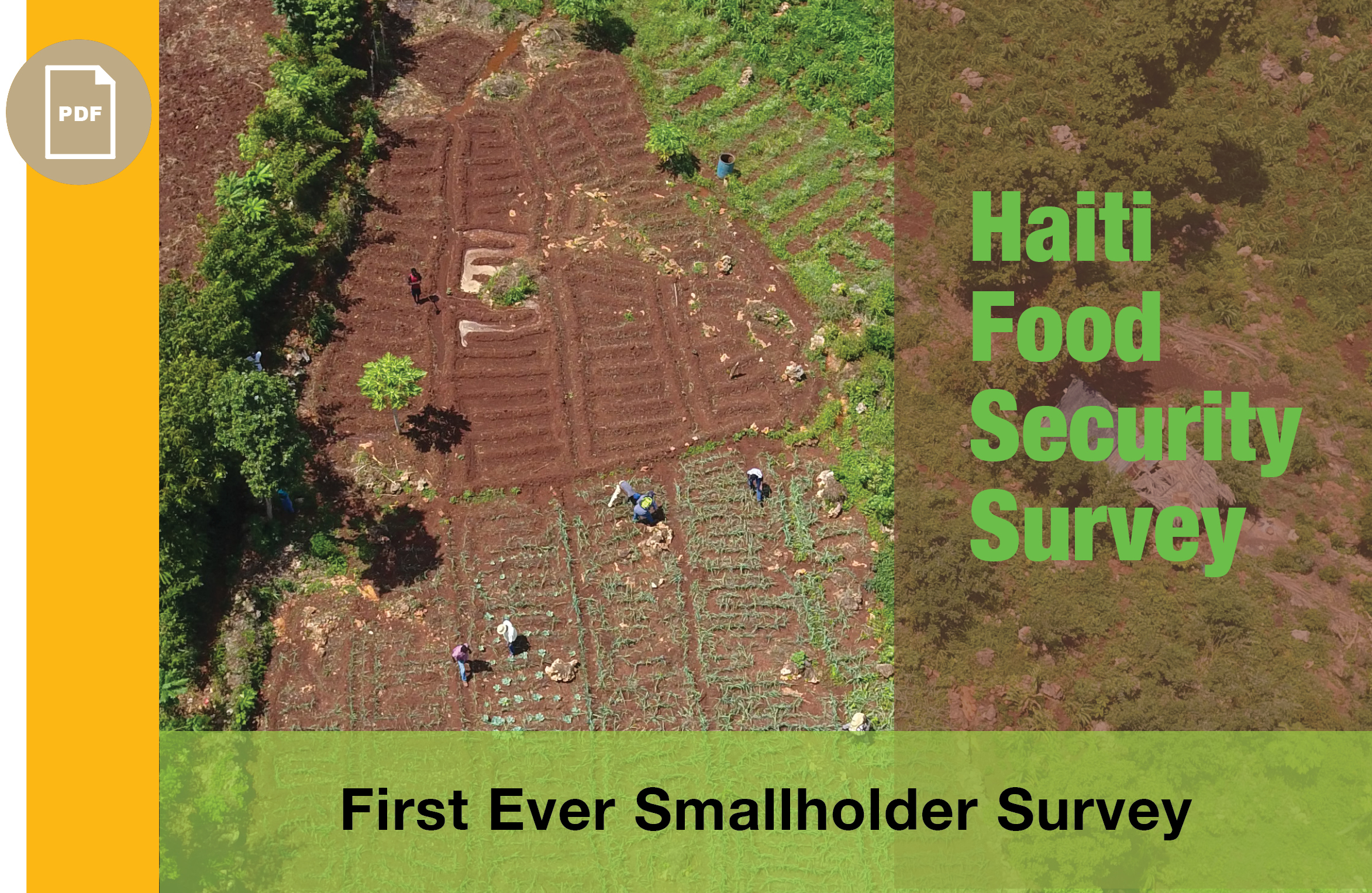
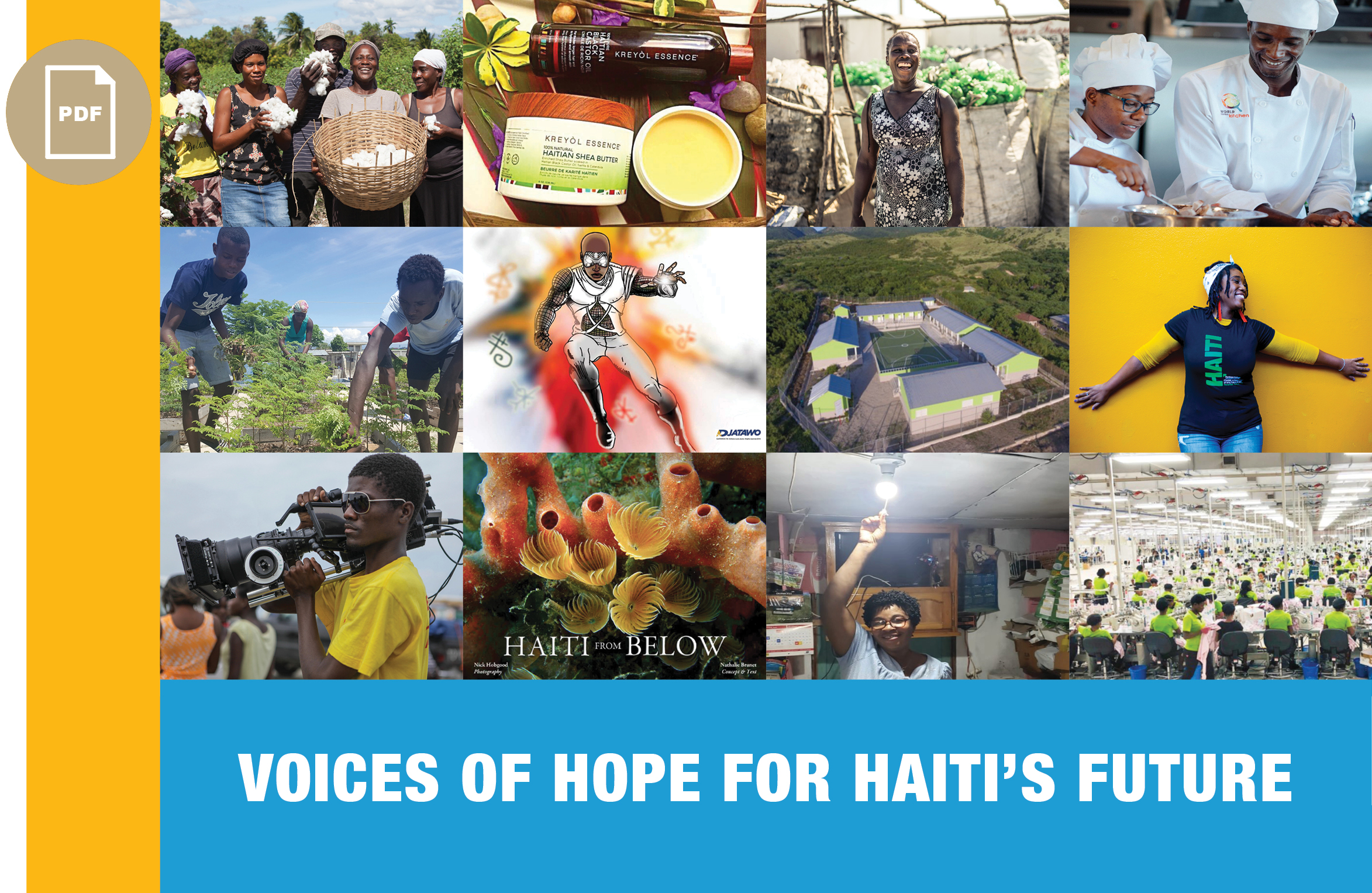
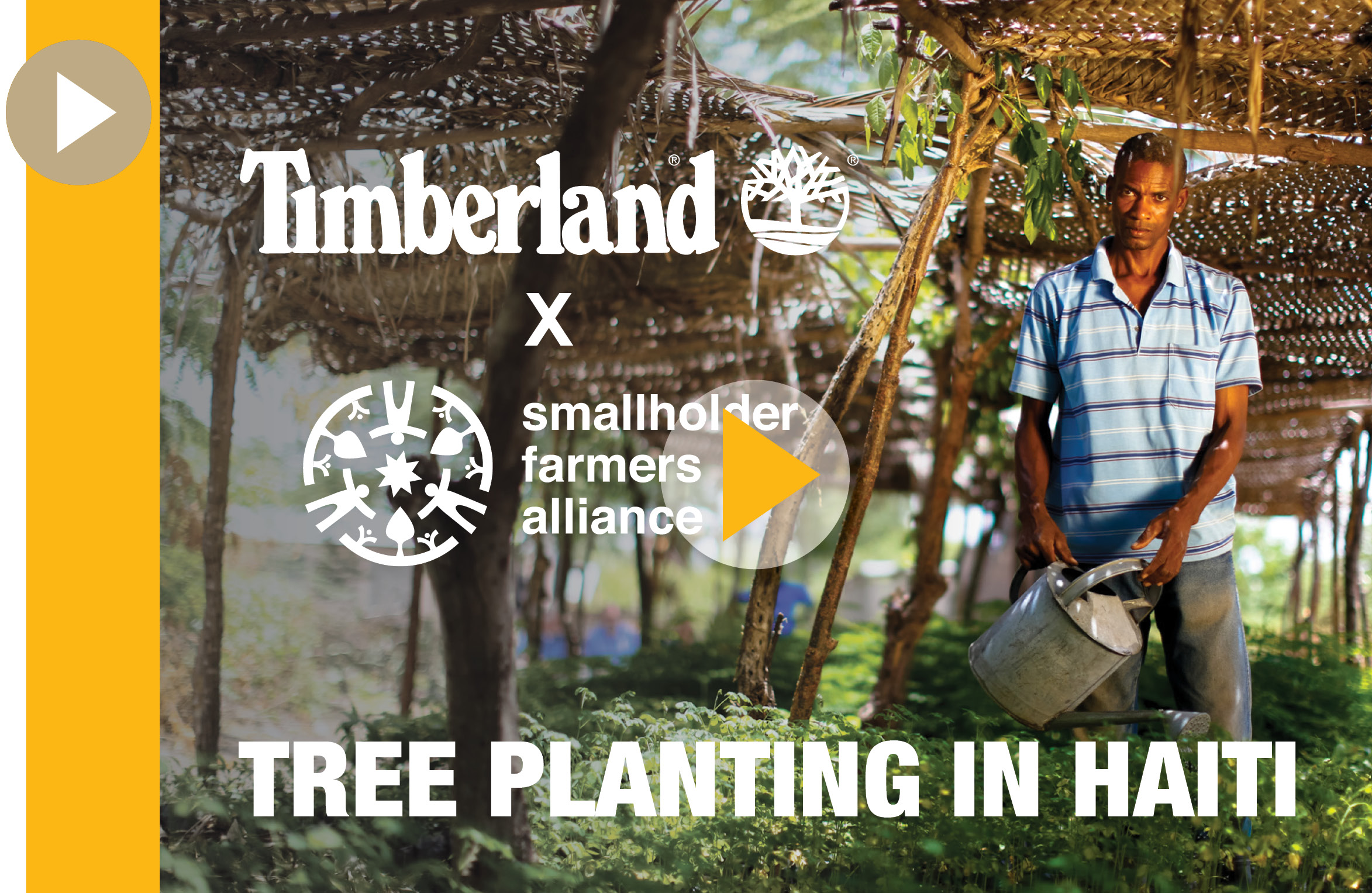
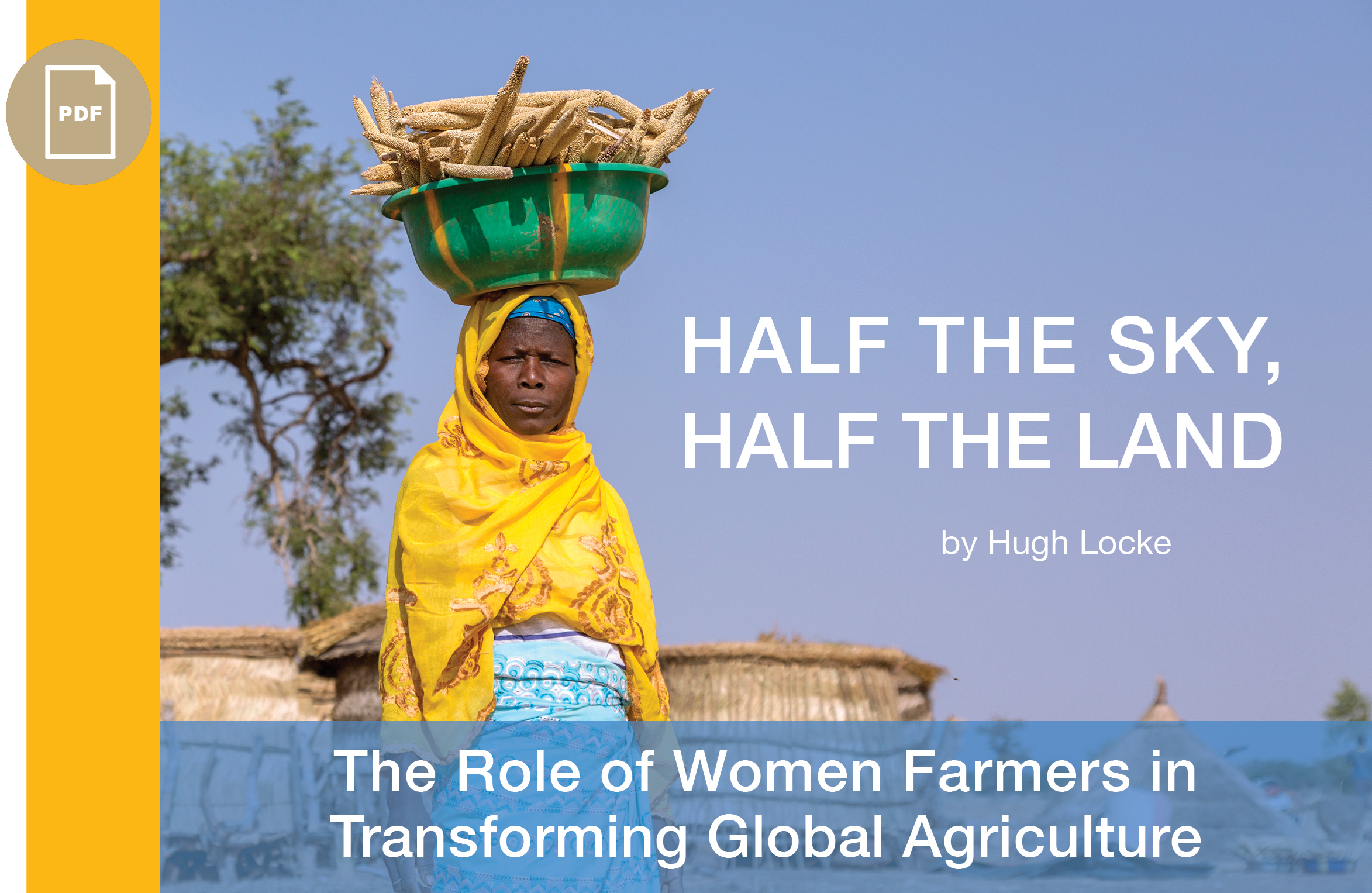
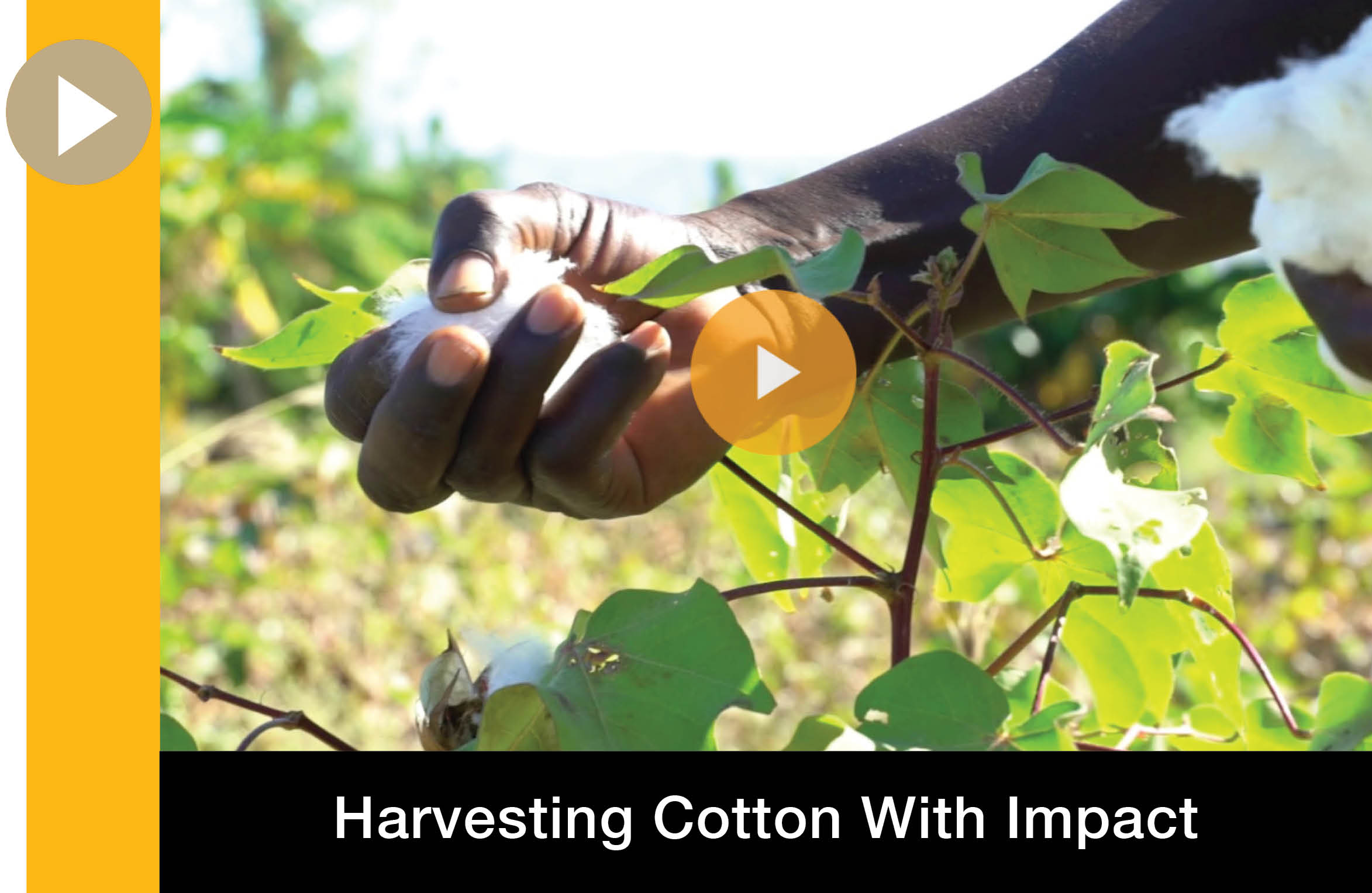
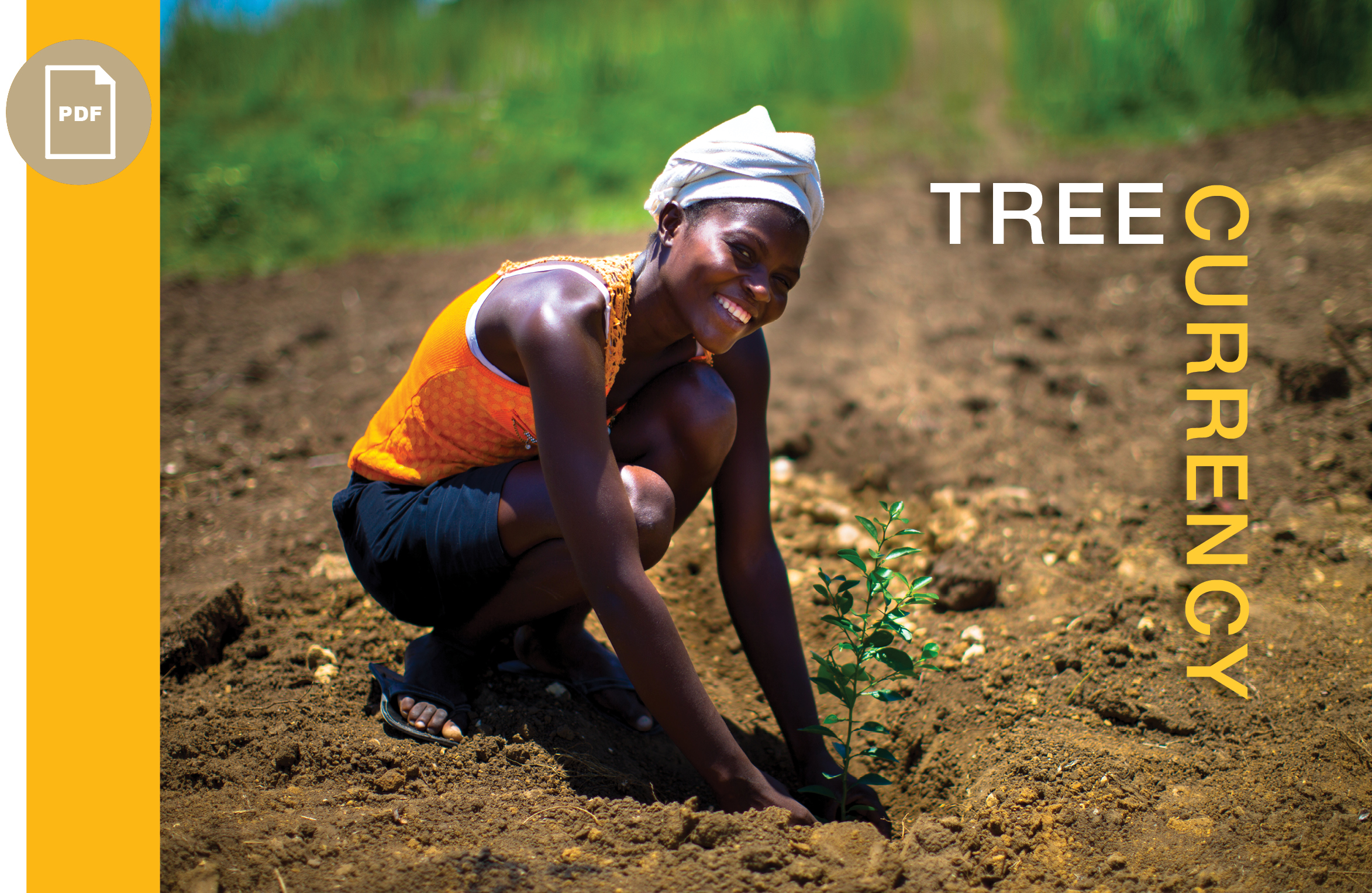
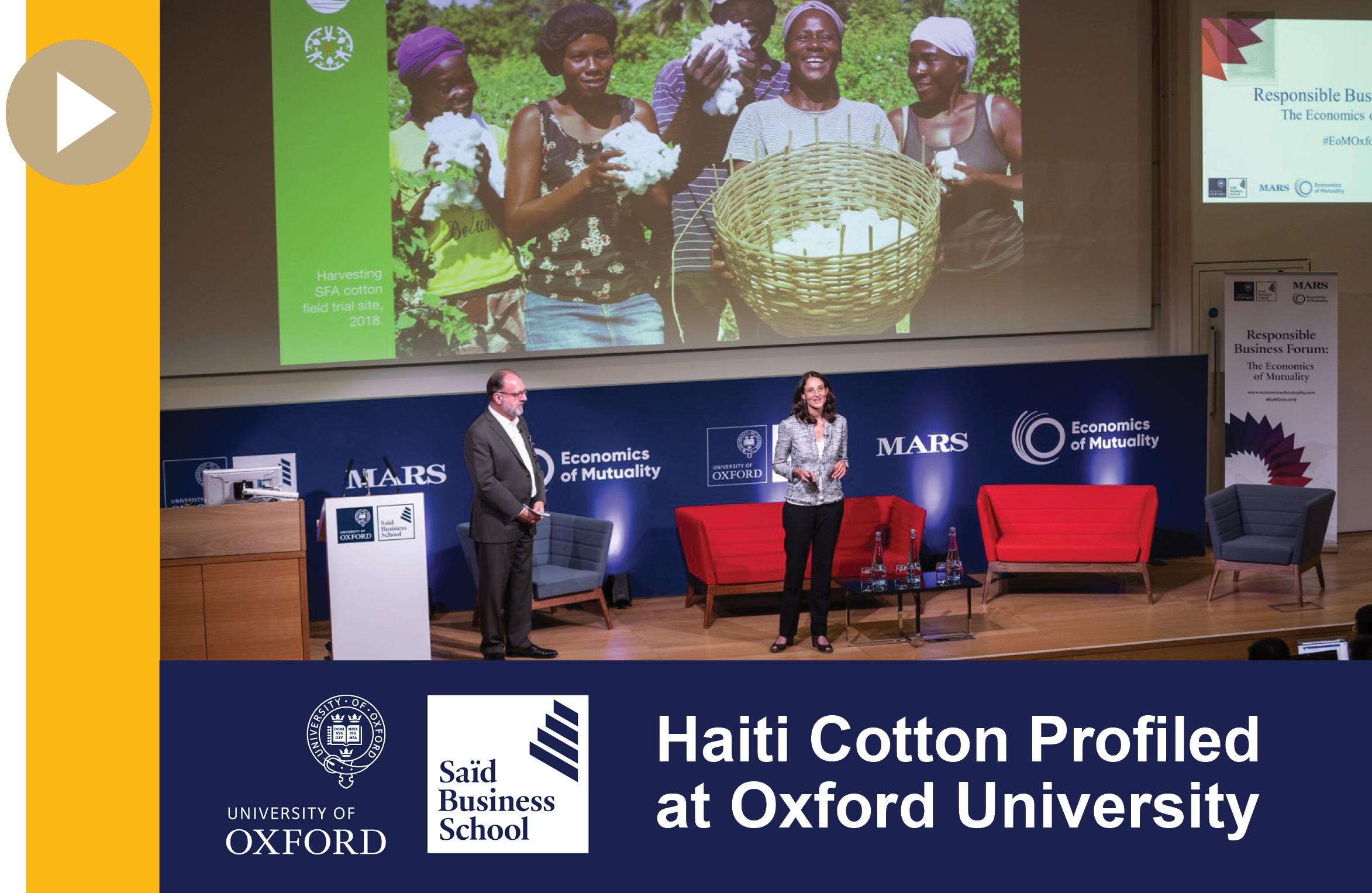
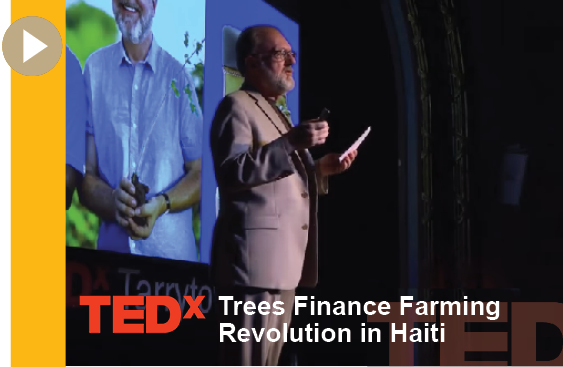
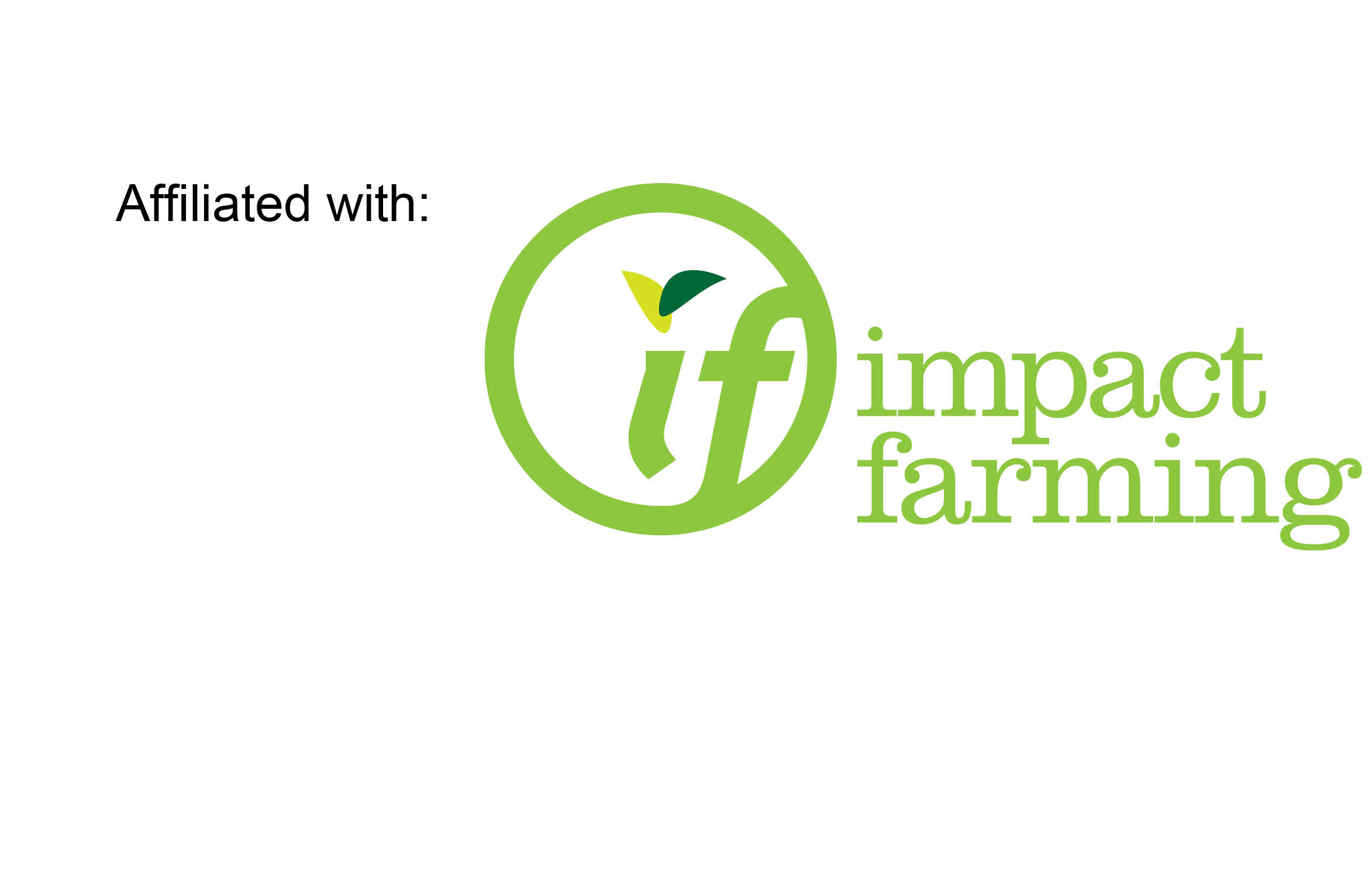
Reader Comments